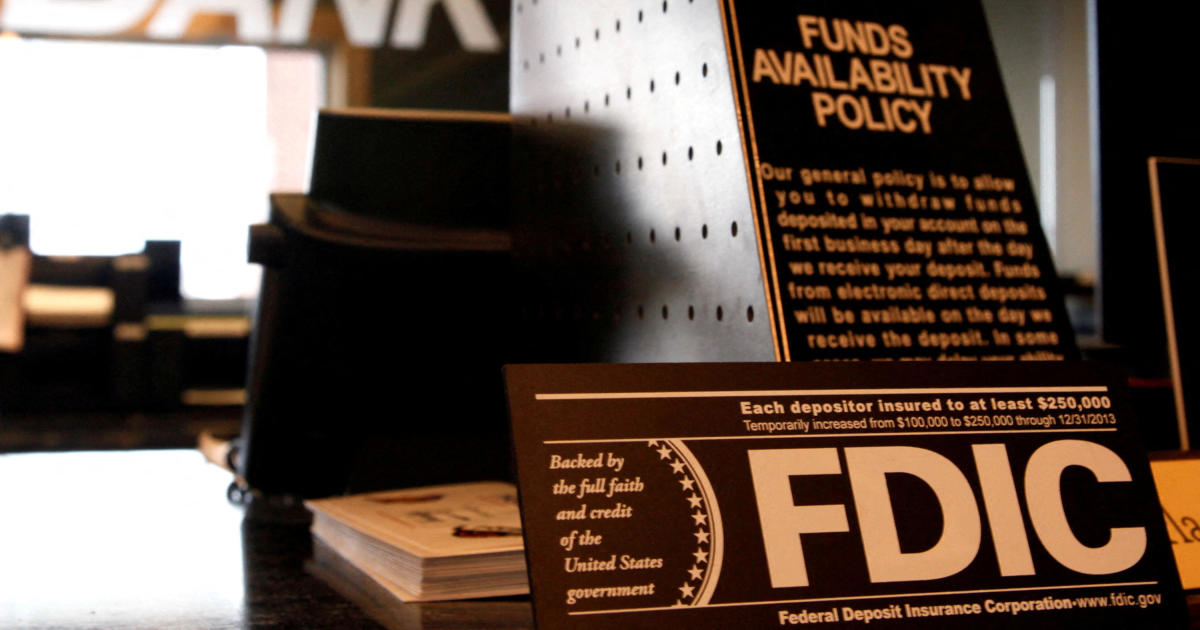U.S. stocks futures bounce around after Wall Street's dark day
The day after Wall Street suffered its worst rout in more than three decades with coronavirus panic sweeping the planet, futures prices of U.S. stocks took off in early trading Tuesday. Dow Jones Industrial Average futures gained 800 points, or almost 4%, and S&P 500 futures rose by the same percentage. But then Dow futures fell into negative territory, then were back to about even. By 6:45 a.m., they had gained some 200 points.
Asian stock markets fluctuated Tuesday and European markets mostly rebounded in early trading.
While governments and central banks attempt to soothe markets with massive stimulus pledges and interest rate cuts, more countries are going into lockdown to prevent the outbreak's spread -- bringing the world economy sputtering to a near-halt.
There is a broad consensus that the disease, which has wiped trillions of dollars off market valuations, will cause a global recession, with the airline industry among the first in the firing line, leading company heads to plead for billions of dollars in government help to prevent them going under.
The Philippines became the first country to shut down its stock market as the country goes into lockdown, and the bourse will be closed until further notice.
In Australia, Sydney rose 5.8% a day after crashing 9.7% in its worst day on record.
But after an early advance, the rest of Asia moved in and out of positive territory throughout the day.
Tokyo ended 0.1% higher after a roller-coaster session and Hong Kong added 0.4%. But in China, Shanghai slipped 0.3%. Seoul, Taipei and Singapore were all down.
Wall Street indices collapsed Monday in their worst day since 1987, with the S&P 500 and Nasdaq dropping about 12 percent and the Dow sinking nearly 13 percent.
Heads of the Group of Seven leading economies pledged to "do whatever it takes" to protect the global economy, while President Trump acknowledged the world's largest economy "may be" headed into recession.
However, he added that the crisis should "wash" through the economy by August, after which there would be a "tremendous surge in the stock market."
Oil prices edged up after Monday's collapse that saw Brent falling more than 12 percent to a four-year low, and WTI sliding below $30 a barrel.
Adding to the weakness in crude markets is the price war between major producers Saudi Arabia and Russia.
IHS Markit said rising production and slumping demand could result in the "most extreme global oil supply surplus ever recorded."



